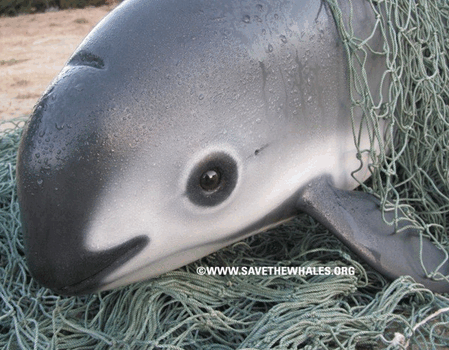
VAQUITA
The Edge of Extinction: Only a Few Vaquitas Remain
The vaquita is the rarest animal in the world. Estimates suggest only 6-8 remain. Caught in the crossfire of illegal fishing, their time is running out
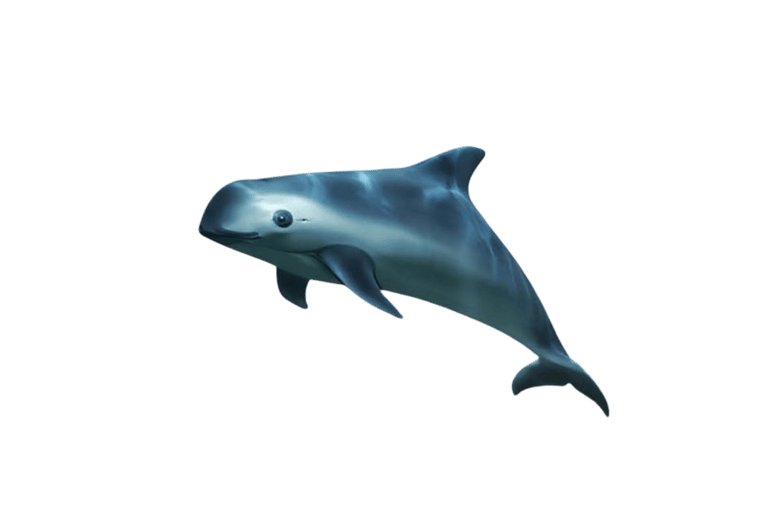

Meet the Vaquita: Small, Elusive, Endangered
Vaquitas are the smallest members of the cetacean family a group that includes whales, dolphins, and porpoises. Discovered only in 1958, they’re shy, solitary, and live in shallow coastal waters. With distinct black eye rings and a dark-to-light gray body, they’re unlike any other porpoise.
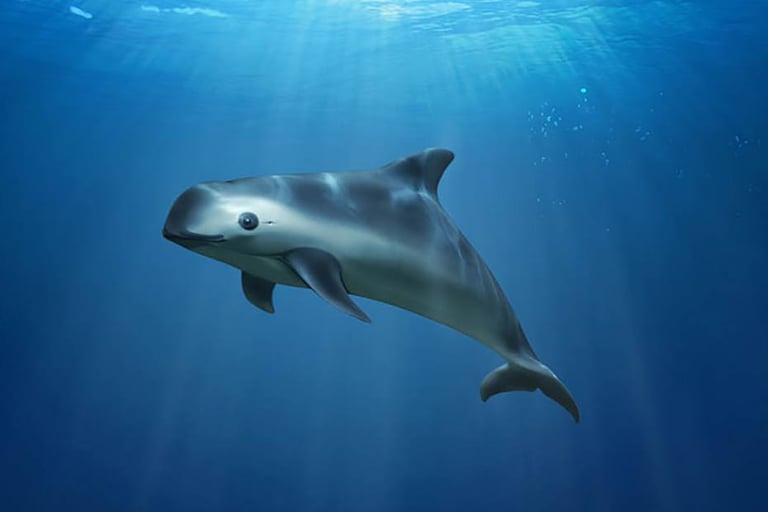


Today, fewer than 8 are left, mainly due to entanglement in gillnets used for fishing. Despite conservation efforts, their numbers are still falling. Saving the vaquita isn’t just about one species, it’s a warning for ocean health and humanity’s impact on marine life.
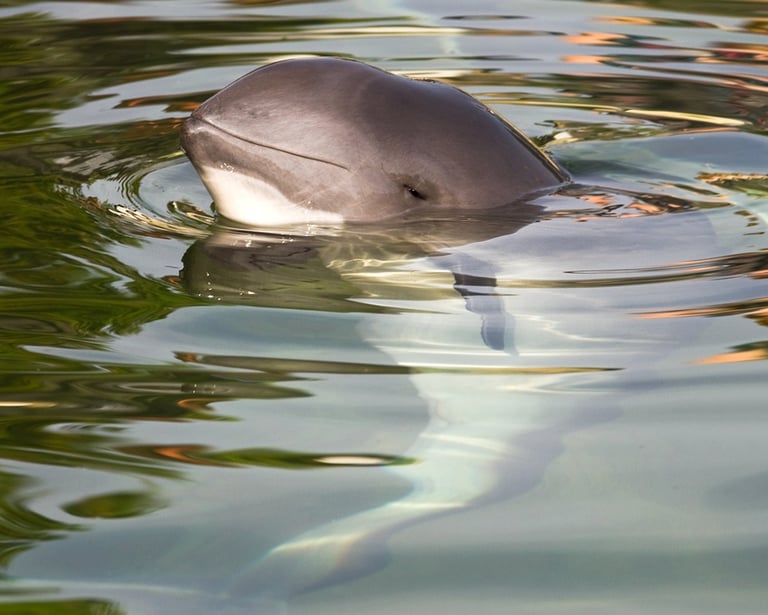


They're Not Dolphins - They're Vaquitas
Vaquitas may look similar to dolphins, but they are a completely different species. As the smallest members of the cetacean family, vaquitas grow to about five feet long and have rounded faces, no beaks, and spade-shaped teeth. Unlike the highly social dolphins, vaquitas are shy and solitary, rarely seen and quick to avoid boats. While dolphins are widespread across oceans worldwide, vaquitas live only in a small coastal range and face an extremely high risk of extinction, with fewer than 8 individuals remaining. Understanding the differences helps highlight just how rare and vulnerable the vaquita truly is.
The vaquita is the most endangered marine mammal on Earth, with fewer than 10 individuals left in the wild. These tiny porpoises live only in a small part of Mexico’s Sea of Cortez, where they’re being driven to extinction by illegal fishing practices. They often get trapped and drown in gillnets meant to catch the totoaba fish, a species trafficked for its swim bladder and sold on the black market for tens of thousands of dollars.
Why is the Vaquita endangered?
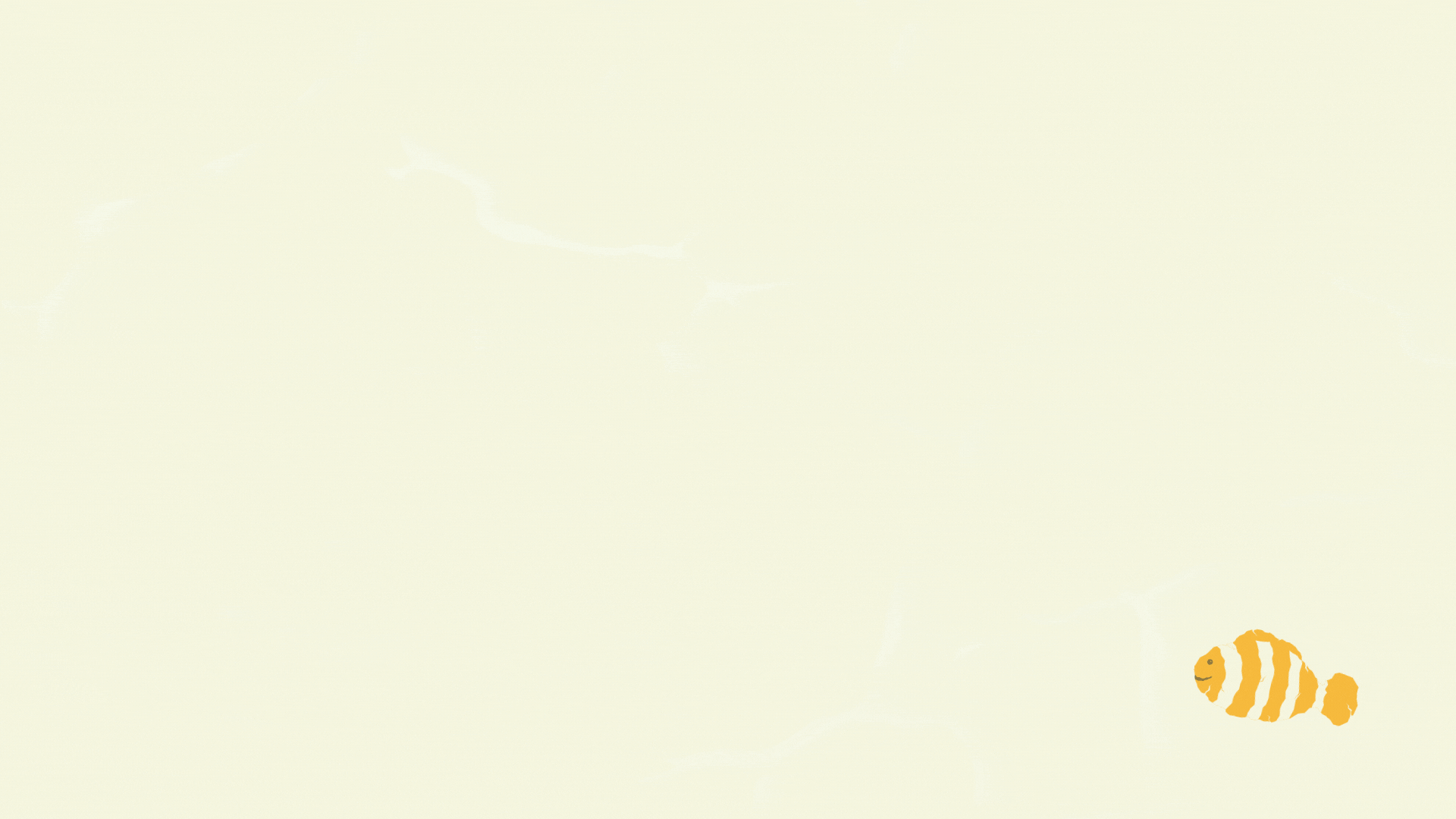
What’s heartbreaking is that vaquitas aren’t even the target. They’re accidental victims of greed, caught in nets they can’t escape. Despite global awareness and government bans, enforcement remains weak, and the illegal trade continues. Unless gillnets are permanently removed and laws are truly enforced, the vaquita could vanish forever, not from natural causes, but from human neglect.
